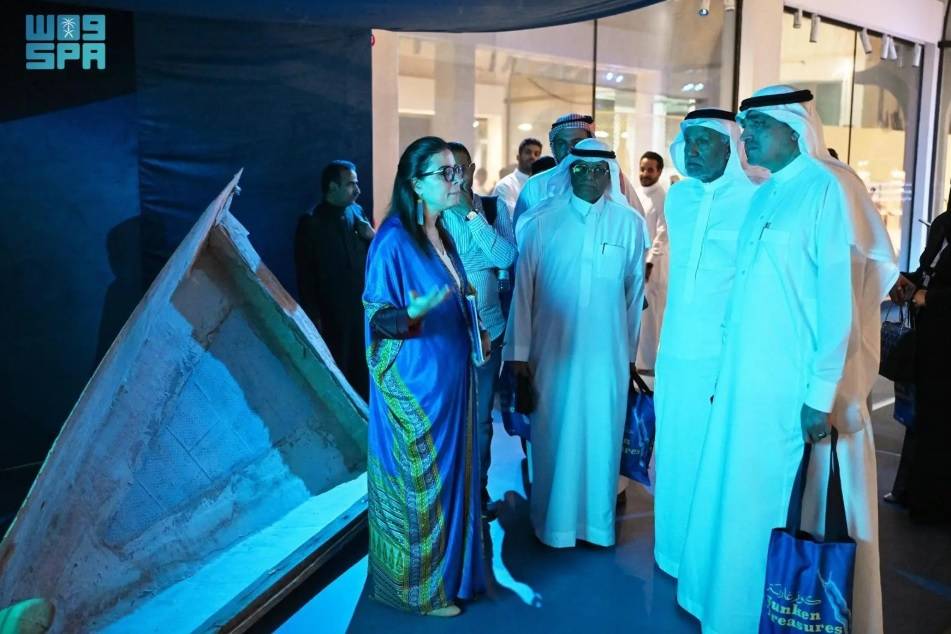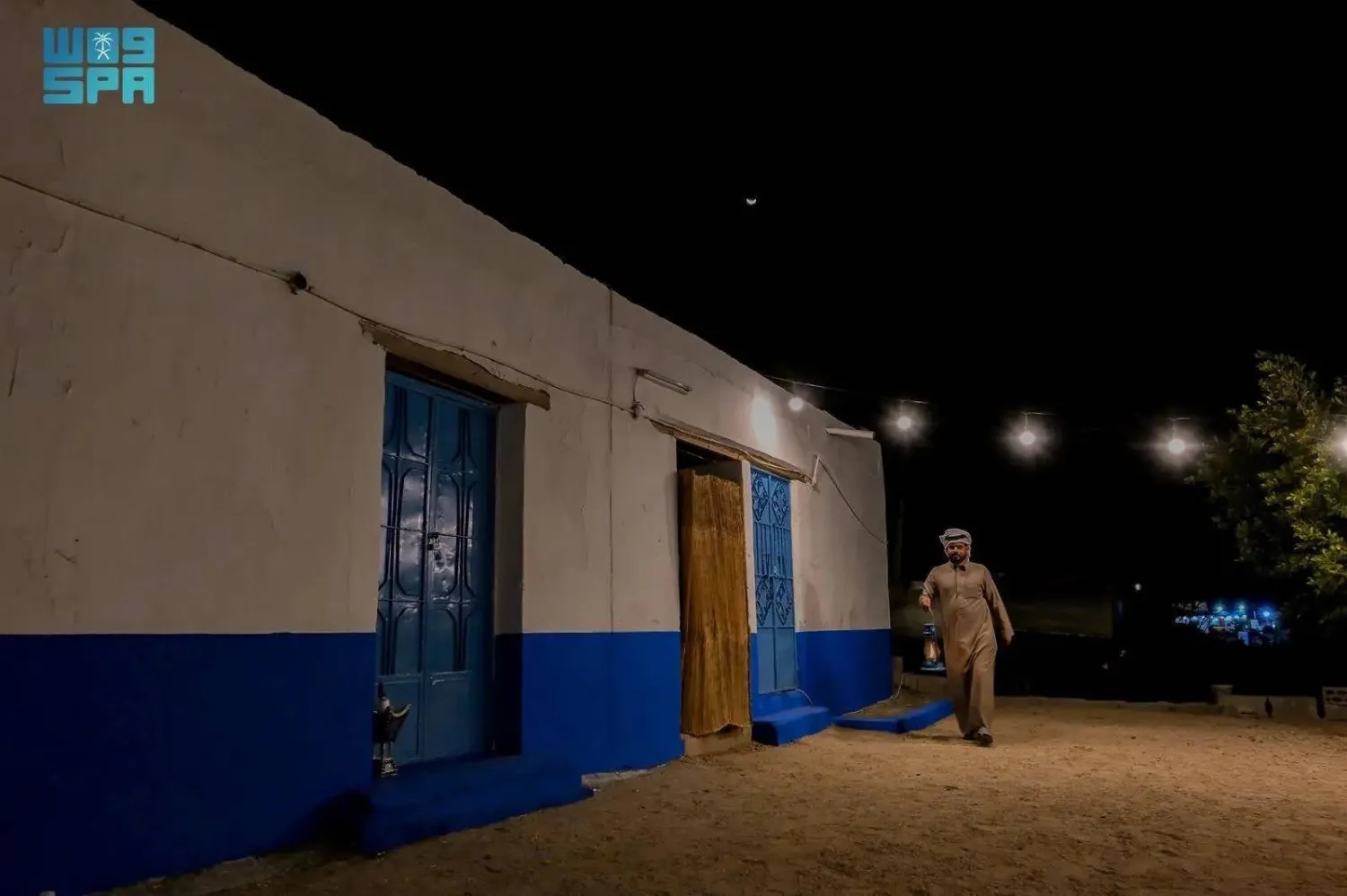The Islamic World Educational, Scientific and Cultural Organization (ICESCO) has congratulated Saudi Arabia on the inscription of the Cultural Landscape of the Al-Faw Archaeological Area on UNESCO's World Heritage List.
The area in Wadi Al-Dawasir, at the intersection of the Empty Quarter desert and the Tuwaiq mountain range, is home to almost 12,000 archaeological remains and has a history of human habitation stretching back more than 6,000 years.
In a statement on Sunday, ICESCO commended the success of the Kingdom, represented by the Ministry of Culture, the Heritage Commission, and the Saudi National Commission for Education, Culture, and Science, in achieving the goals of Vision 2030 related to the number of sites registered on the World Heritage List.
ICESCO lauded the distinguished partnership it shares with Saudi Arabia in protecting cultural heritage. The organization also underscored its coordination with the Kingdom in establishing the necessary measures for preserving historical heritage and working on its development.










